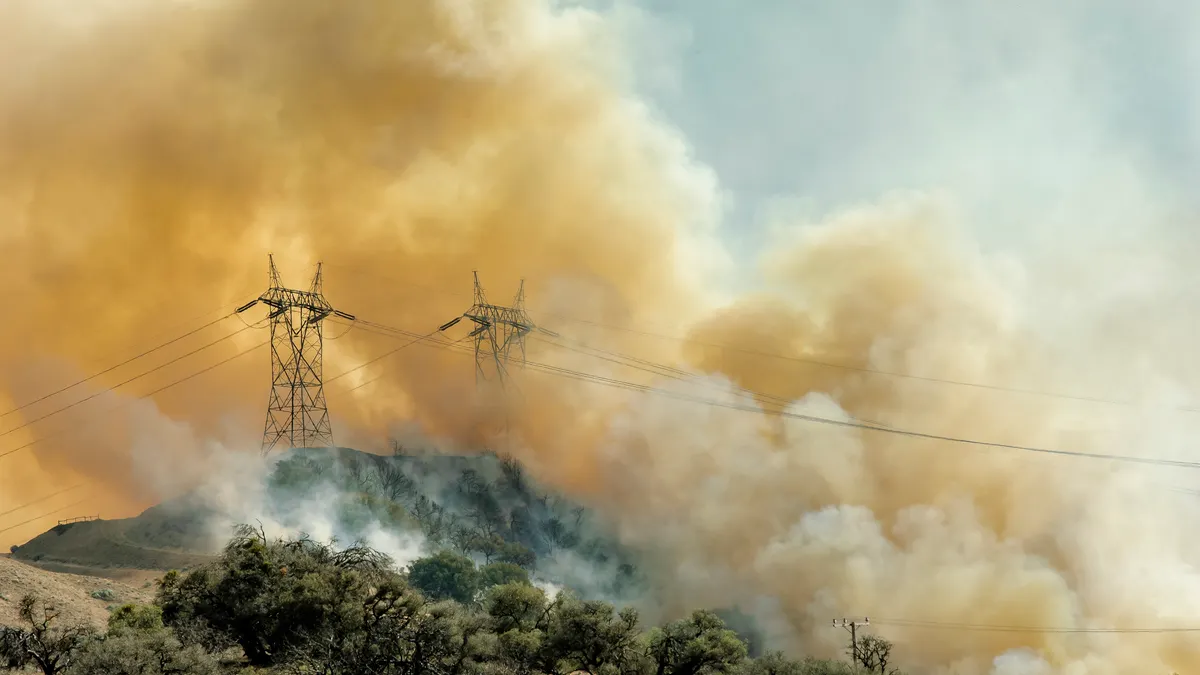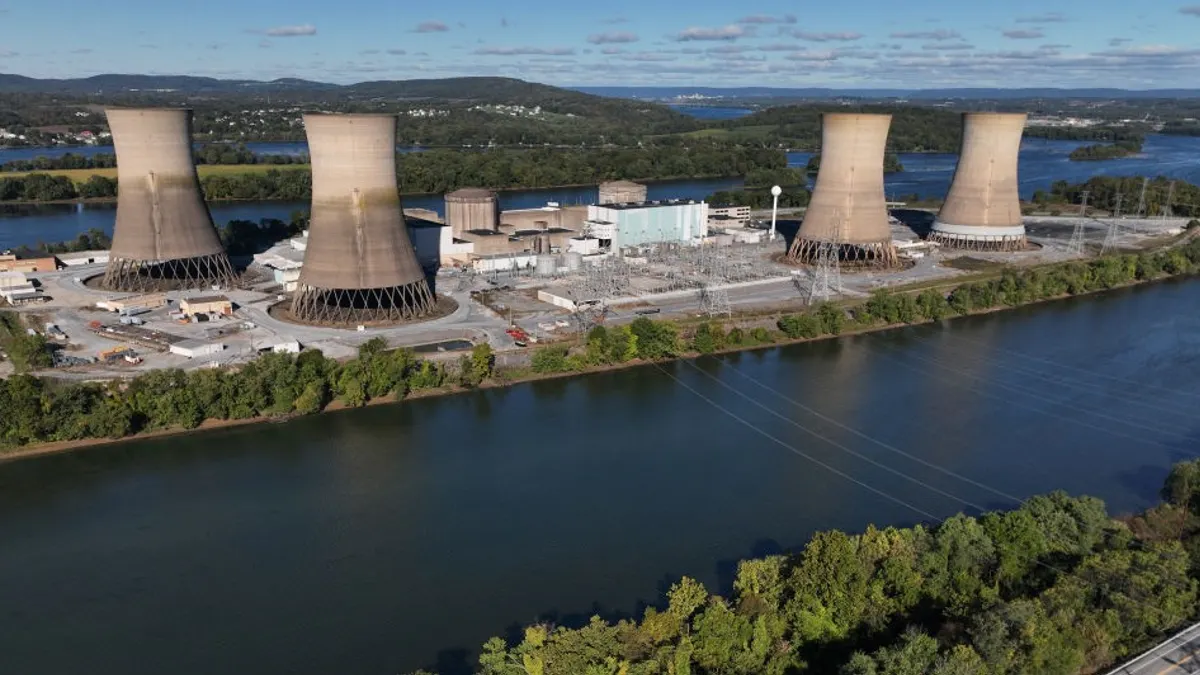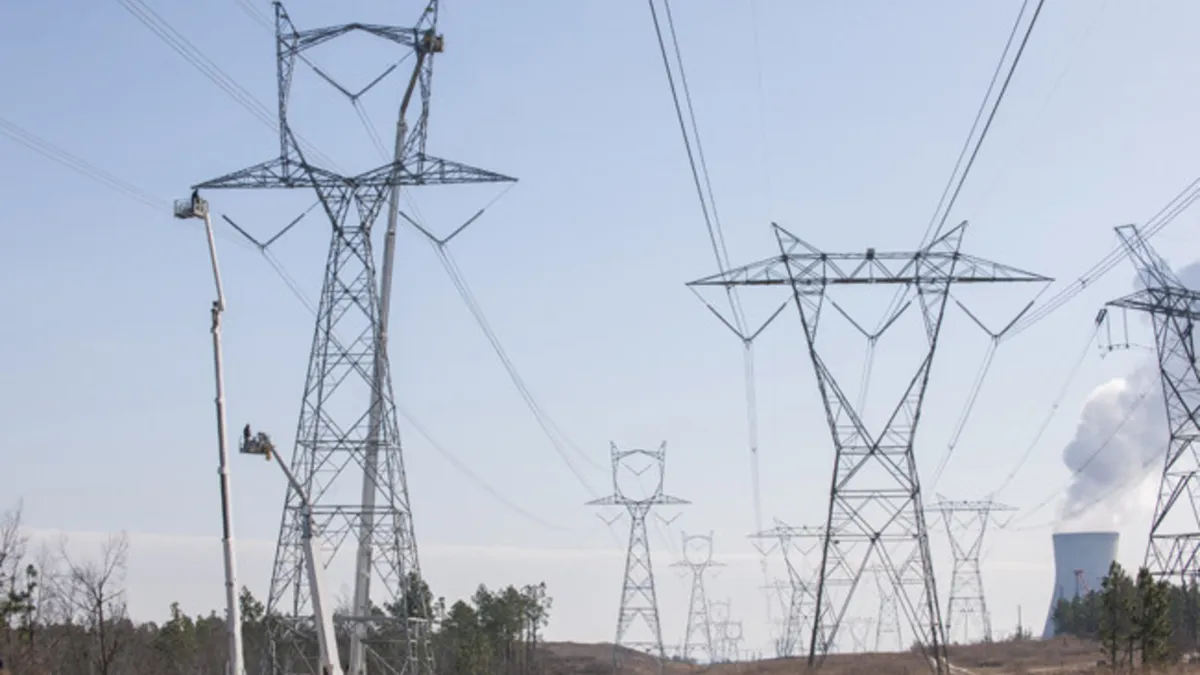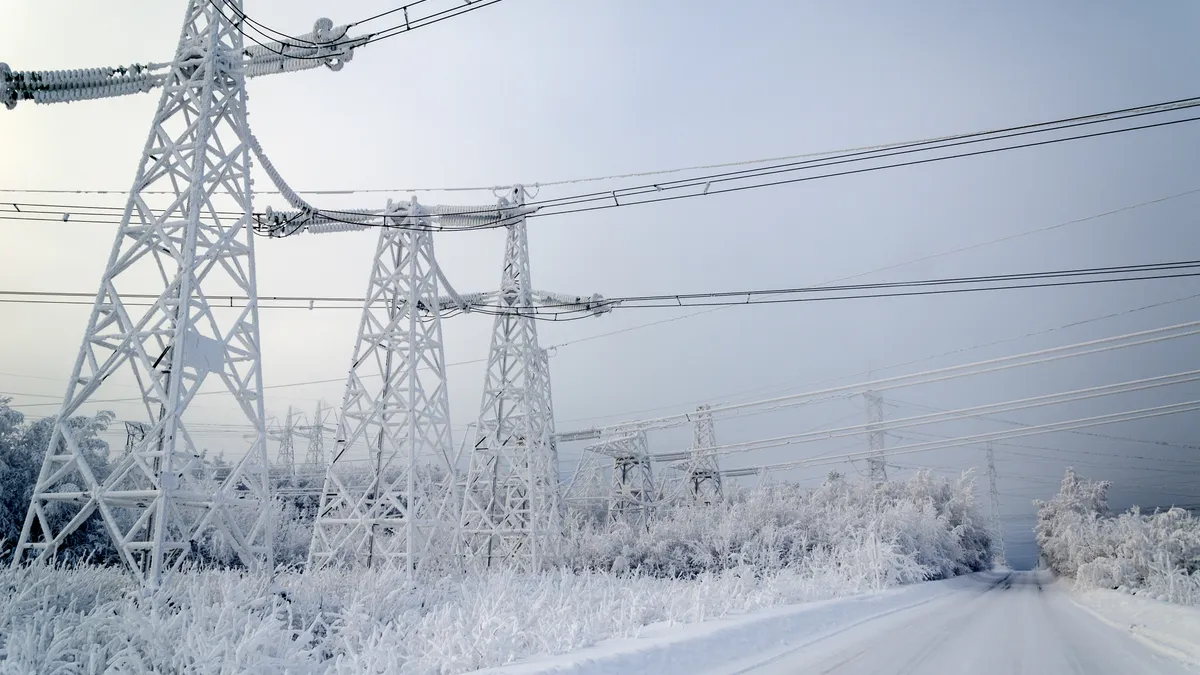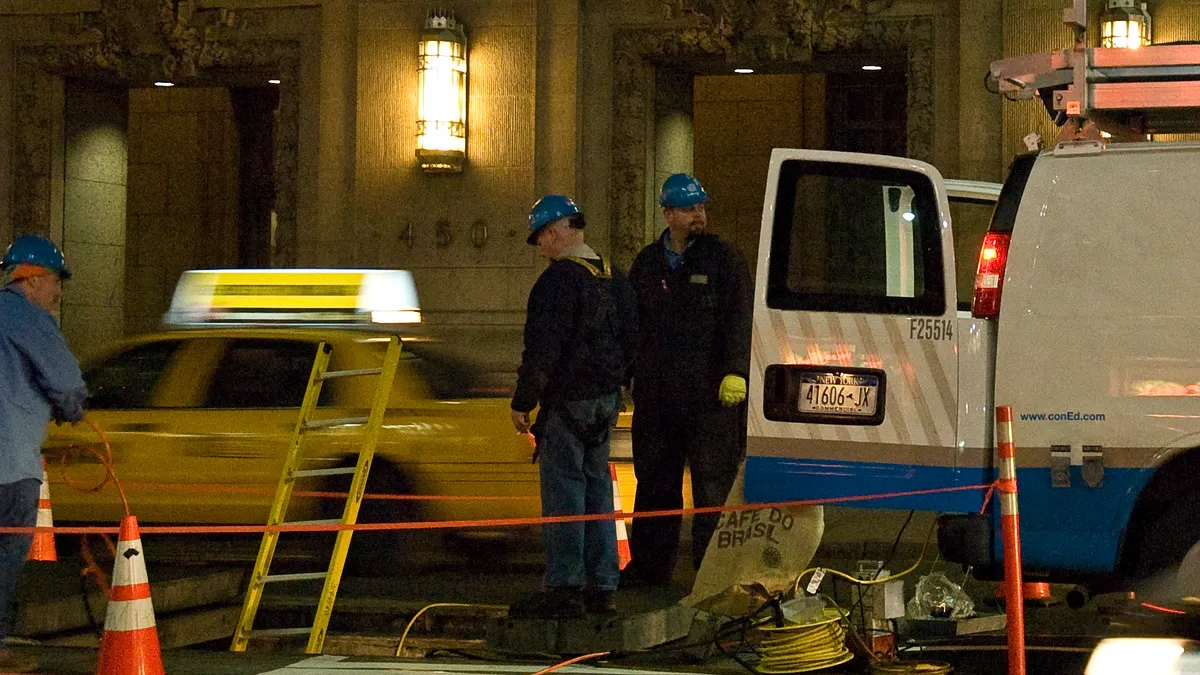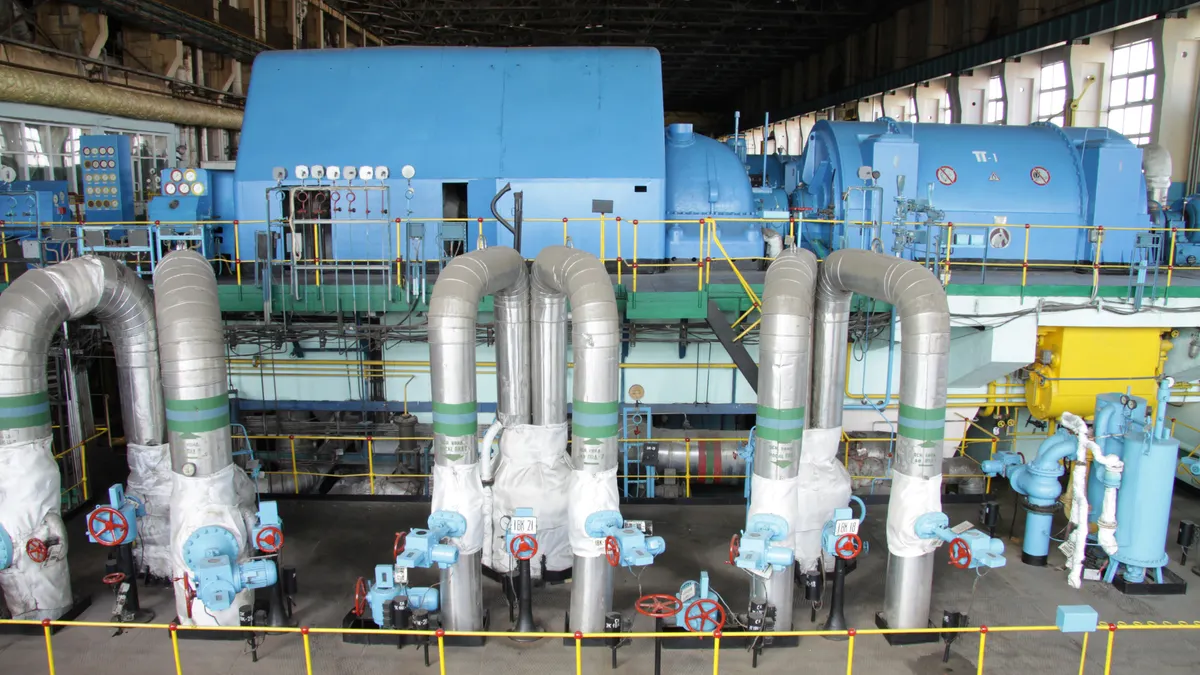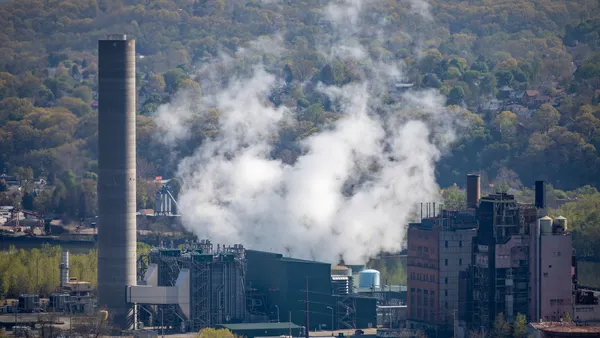If President Trump’s aim was to further isolate the United States, yesterday certainly did the trick.
The president’s decision to pull out of the Paris climate accord was lauded by American conservative activists and coal interests — and nearly no one else.
California, Washington and New York immediately announced they would form a “climate alliance” committed to the goals of the agreement. Many of the largest American companies, including giants like GE, Walmart and Microsoft, condemned the move. The CEOs of Tesla and Disney pulled out of Trump’s executive council.
“Industry must now lead and not depend on government,” GE CEO Jeff Immelt tweeted.
International reaction was also swift. Trump’s move would leave the U.S. as only one of three nations that have failed to sign onto the international agreement. Nicaragua, one of the others, considered the agreement too underwhelming and would like to see faster climate action. Syria, the third, has been engulfed in a grinding civil war for years.
The European Union and China were quick to step into the breach, announcing they are “joining forces to forge ahead on the implementation of the Paris Agreement and accelerate the global transition to clean energy.” On the eve of the decision, European Commission President Jean-Claude Juncker warned the U.S. was giving up its role as a global leader.
“[The] vacuum will be replaced and the Chinese are pushing to take over the lead,” he said.
Amid the global uproar, reaction from the U.S. electric utility sector was notably tepid. Statements from the Edison Electric Institute and the National Rural Electric Cooperative Association did not even mention the decision outright, instead focusing on the power sector’s emissions reduction and plans to invest further in renewable energy.
“Based on preliminary estimates, our industry’s carbon dioxide emissions were nearly 25% below 2005 levels by the end of 2016, and we expect that emissions will continue to decline,” EEI President Tom Kuhn said in a statement.
The muted response reflects the widespread belief that a Paris exit would have little immediate impact on the power sector, particularly in light of the White House’s previous moves to roll back domestic climate regulations. The controversial decision could spur further action on the state and local level, analysts said, but also increases uncertainty for a sector that was just beginning to plan for deep decarbonization, and puts the planet further behind the emissions trajectory needed to stave off catastrophic climate change.
Not out yet
Despite Trump’s proclamation that the U.S. would exit the Paris agreement and immediately begin negotiating for a “better deal,” getting out of the accord is actually a lengthy process.
“Apparently the White House has no understanding of how an international treaty works,” Christiana Figueres, former executive secretary of the UN Framework Convention on Climate Change said in a press call. “The fact is there is no such thing as today withdrawing from the Paris Agreement and then renegotiating.”
The U.S. can formally submit its intent to withdraw from the agreement on Nov. 5, 2019, Figueres said, “and not a day before then.”
From there, withdrawal would take one year to finalize, putting the earliest exit date just days after the 2020 presidential election on Nov. 3.
Only at that point, Figueres said, would the U.S. be able to begin negotiating a re-entry to the accord or a change to its stipulations, but it could not act alone.
“The interesting thing is that anyway you cannot renegotiate individually,” she said. “This is in essence a multilateral agreement. That's why it took six years to bring together, and no one country unilaterally can change the conditions.”
Soon after Trump’s speech, the UNFCCC reinforced that point, saying the pact “cannot be renegotiated at the request of a single party.”
Whether that situation ever comes to pass is still an open question.
“It's entirely possible that by 5th Nov. 2019 that the evidence of the benefits of decarbonizing and investing in all the clean technologies all around the world will be so evident that perhaps even the Trump administration might change its mind,” Figueres said.
Most U.S. political observers think that’s unlikely, however, as the Paris decision was as much about Trump thumbing his nose at the international community as it was about climate change. More likely, Figueres and other analysts said, is the move will boost climate action at the state and local level, as well as in corporate C-suites.
“At times like this we do give thanks to the American Constitution,” said Andrew Steer, president and CEO of the World Resources Institute. “If you took all the state governors who are committed to accelerate their progress on climate even as the federal government chooses not to, you add those states together, they'd be the fifth largest country in the world.”
Utilities post-Paris
President Trump lambasted the Paris accord for putting “tremendous” costs on American industry, but the agreement itself could do no such thing. All commitments under the accord are voluntary, and nations are free to meet their announced emissions contributions however they see fit.
In reality, Trump has already moved to roll back many of the regulations that would help the power sector do its part to meet the Paris commitments, which translate roughly into an 80% economywide decarbonization for the U.S. by 2050.
The administration is currently reviewing the Clean Power Plan, which governed emissions from existing generators, as well as a companion rule for new plants and other clean air protections from the Obama administration.
“The Paris agreement itself has no substantive force on U.S. policy. It's the other way around,” Jesse Jenkins, an energy researcher at MIT, wrote to Utility Dive. “To the degree the Trump administration is already actively dismantling domestic climate policy at the federal level, withdrawing from Paris will have no effect on the policy landscape for U.S. utilities.”
The effects of that domestic policy pullback are already being recognized by analysts. Without the Clean Power Plan, the Rhodium Group forecasts the U.S. will fall “considerably short” of President Obama’s near-term commitment to the Paris accord of a 26%-28% economywide carbon cut by 2025.
The Rhodium forecast is based on policies in place today (minus the CPP, which is on hold and under review), so enhanced state actions could bend the curve downward somewhat. Corporate pressure could also play a role, said Craig Moyer, chair of the Land, Environment & Natural Resources group at law firm Manatt, Phelps & Phillips LLP.
“Without regard to what the governments do individual companies have made pledges and their shareholders are pressuring them to make additional pledges on sustainability generally, and climate change is certainly a part of that,” Moyer said. “So they will have these obligations without getting the protections and support of the government, meaning there could be competitive disadvantage for those companies who are seeking [a Paris exit].”
Moyer offered the example of California, whose utilities are under strict climate regulations and a 50% renewable energy standard to hit by 2030.
“[California regulation] creates a very different playing field for utilities here in California versus the other states. If they don’t have a clean power plan or other climate obligations elsewhere, it just means the competitive disadvantage for those companies doing business in California becomes even more clear as opposed as to if there had been a federal Clean Power Plan.”
That dynamic could spread as more states up their climate commitments, Moyer said, giving companies even in conservative states a reason to push their business models toward greater sustainability. And the shareholders of some utilities are already taking action. Last month, PPL investors passed a resolution to push the company to better detail climate risks, and shareholders of Southern Co., a traditionally conservative utility, came close to a majority for a similar resolution as well.
But even with those drivers, the Paris agreement exit won’t be inconsequential for the power sector. Utilities plan asset investments and procurement strategies decades in advance, and the Paris agreement gave them an ambitious target to shoot for — one that many anticipated could be codified into federal policy by a future administration.
Without it, the sector that thrives on policy predictability will see only more uncertainty, said Jessika Trancik, an MIT energy professor who helped inform the Obama administration’s Paris strategy.
“The downside with this decision is they have much less certainty about what the countrywide policies are going to look like, and that makes it more difficult for them,” she said. “My hope is states can step in and do that and they should be doing that for self-interested reasons as much as anything else.”
As a part of their investment and procurement planning, many utilities use estimates of the risk of a carbon price and other environmental regulations in the future. Trump’s decision to exit Paris could influence those plans, Trancik said.
“Certainly it injects a bit more uncertainty into that calculation,” she said, “but they're still doing the calculation and see the rest of the world moving in that direction.”
Even so, the MIT professor was optimistic that state and local policy drivers could end up being more consequential than expected.
“We’re not where we were even 10 years ago in terms of what these technologies cost and what they can do,” Trancik said. “The magnitude of the private sector response to small, relatively modest policy initiatives has been impressive. It's gotten to us where we are right now.”
The looming climate reality
In Trump’s long Paris speech, he inadvertently hit on an uncomfortable truth about the Paris accord. Even if it were implemented in full, he said, the world would still miss the 2°C mark.
“Even if the Paris Agreement were implemented in full, with total compliance from all nations, it is estimated it would only produce a two-tenths of one degree Celsius reduction in global temperature by the year 2100," Trump said. "Tiny, tiny amount."
Trump based the comment on an MIT study from last year that showed warming would slow by between 0.6°C and 1.1°C by 2100. Unsurprisingly, the university says Trump completely misunderstood or mischaracterized the results of the study, and the researchers were not consulted to explain their work.
"If we don't do anything, we might shoot over 5 degrees or more and that would be catastrophic," John Reilly, co-director of the MIT Joint Program on the Science and Policy of Global Change, told Reuters.
Even so, the fact remains that the Paris accord was only a first step toward averting the worst impacts of climate change, one that would have to be improved upon to hit its goal of limiting warming to 2°C.
The problem is that researchers say the planet is running out of time to hit that goal, particularly if developed nations continue investing in carbon-emitting infrastructure, like gas plants and pipelines.
Last year, Oxford researchers forecasted that if the world wants to hit the 2°C goal, “no new investment in fossil electricity infrastructure (without carbon capture) is feasible from 2017 at the latest.”
Given that the transport and industrial sectors continue to increase emissions, researchers wrote that “2° capital stock” is likely already depleted. That means the world is already behind the needed trajectory of emissions reductions and investment in more long-lived fossil fuel assets could commit the world to the most catastrophic consequences of climate change if they are not retired early.
Even if the world’s economies stopped deploying fossil fuel assets today, some still see cause for concern. David Archer, a climate scientist at University of Chicago, told Utility Dive last year that CO2 in the atmosphere is rising faster than the planet can keep up — a concept known as “committed warming.”
“This energy imbalance means even if CO2 stayed where it is today … the temperature would continue to rise for a long time because it takes a long time to warm the deep ocean especially,” he said. “So we're already over the danger line and we don't have time to [mess] around.”
The Paris accord was meant to be the international forum where countries could work against those trends, ratcheting up climate action over the course of the century. Without the world’s largest economy, that entire strategy is now in question.
"What Paris gave us was a strong framework to bridge the collective action challenge and jointly work with other nations to ratchet up ambition on climate mitigation over time," Jenkins said. "President Trump is walking away from that opportunity."



